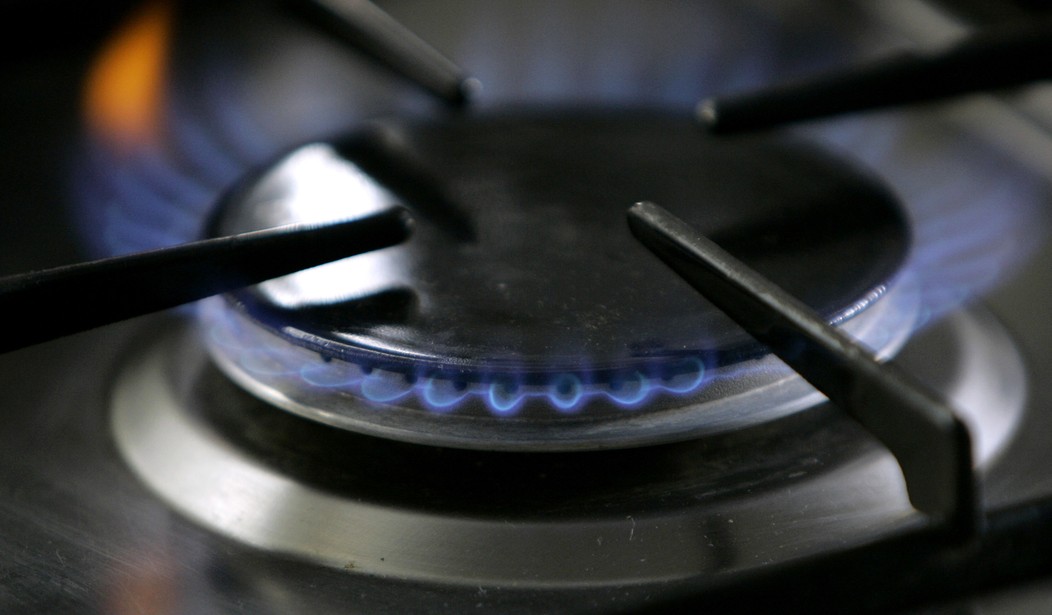In February of 1945, the Soviet Red Army had forced crossings of the Vistula and Oder rivers and were poised to drive into Berlin. In April and May, they did so; Berlin was taken in one of the most horrific, bloody, street-to-street conventional battles ever fought. We all know how that ended up: Hitler killing himself in a Berlin bunker, the German Wehrmacht and later the remaining German government surrendering, and the end of the Second World War in Europe.
Now, almost eighty years later, Germany seems on the brink of surrendering again to Russia - over energy.
For most of this century, Germany racked up one economic success after another, dominating global markets for high-end products like luxury cars and industrial machinery, selling so much to the rest of the world that half the economy ran on exports.
Jobs were plentiful, the government’s financial coffers grew as other European countries drowned in debt, and books were written about what other countries could learn from Germany.
No longer. Now, Germany is the world’s worst-performing major developed economy, with both the International Monetary Fund and European Union expecting it to shrink this year.
It follows Russia’s invasion of Ukraine and the loss of Moscow’s cheap natural gas — an unprecedented shock to Germany’s energy-intensive industries, long the manufacturing powerhouse of Europe.
Russia certainly has its own problems these days. The Russian Army is far from the enormous mass of armor and artillery wielded by tough, hard, experienced veterans that the Red Army was in 1945; they are struggling to take on a nation far smaller. But Russia's problems don't include a lack of natural resources, most notably natural gas and oil. That natural gas has powered much of Europe for some time now, including Germany, and the loss of the Nordstream pipeline to unknown (we can guess, oh yes, we can guess, but at this point, we don't know) actors has cost them access to that natural gas.
The problem is larger than just the Deutsch economy; when it comes to economics, as goes Germany, so goes Europe:
The sudden underperformance by Europe’s largest economy has set off a wave of criticism, handwringing and debate about the way forward.
Germany risks “deindustrialization” as high energy costs and government inaction on other chronic problems threaten to send new factories and high-paying jobs elsewhere, said Christian Kullmann, CEO of major German chemical company Evonik Industries AG.
From his 21st-floor office in the west German town of Essen, Kullmann points out the symbols of earlier success across the historic Ruhr Valley industrial region: smokestacks from metal plants, giant heaps of waste from now-shuttered coal mines, a massive BP oil refinery and Evonik’s sprawling chemical production facility.
In recent decades, Germany has been shutting down its internal energy sector, trading high energy-density coal, of which Germany has a lot, for low-density "green" sources like wind and solar, all the while shutting down their nuclear power plants. Last April, Germany shuttered their last two nuclear power plants. Meanwhile, they have been increasing their dependence on Russian gas.
The Soviet Union, along with the other allies, won the Second World War because of logistics — as wars are always won not through strategy or tactics but logistics. The Allies had resources, most notably the seemingly endless manpower of the Soviet Union and the massive industrial might of the United States. (There is an apocryphal story of a British Colonel standing on a dock in North Africa in 1943, watching an endless stream of tanks, trucks, jeeps, food, and equipment being unloaded from American ships, and saying, "The Americans don't so much solve their problems as overwhelm them.") Germany could not hold on to what resources they had, steadily losing access to such assets as Ukranian and Romanian oil as the war went on.
Economies, on the other hand, are always made or lost through energy production. Without abundant, inexpensive, high-density energy, a modern, technological manufacturing economy will wither and die. That means a high-density energy source, like natural gas or nuclear power.
Germany made the decision, as a nation, to largely shut down its energy sector and rely instead on a foreign source (Russia), a nation with which, throughout history, Germany has not had the best relations. Now that source has been cut off. What domestic energy production Germany retains is "green" energy; low energy-density sources, exactly the opposite of what a modern, technological economy requires.
It's all about energy density. It's always about energy density. That's the great fatal flaw of "green" energy. Germany's economy is faltering because their leadership — and their electorate — obviously has failed to grasp this.
Don't think it can't happen here. Because it is.















Join the conversation as a VIP Member